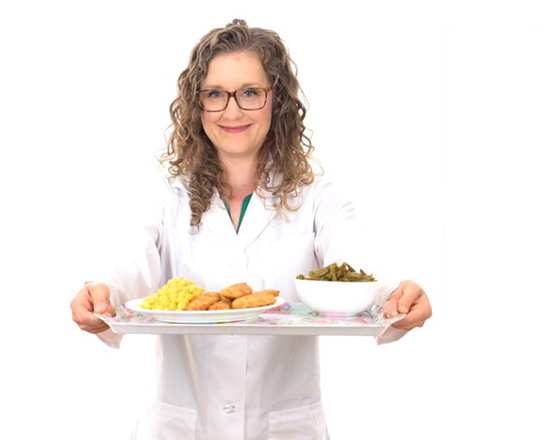People who eat lots of ultra-processed foods are more likely to develop heart disease and to die sooner than those who stick with foods in their original form, two large studies conclude.
Heavily processed foods are often high in sugar, fat and empty calories. Consuming lots of these foods has long been linked to an increased risk of a wide variety of health problems that can lead to heart disease or an early grave, such as obesity, high blood pressure, elevated cholesterol, cancer and depression.
Now, two studies published in The BMJ offer fresh evidence of the health risks of ultra-processed foods. One study linked eating more than four daily servings of ultra-processed foods to a 62 per cent higher risk of premature death compared with eating little or none of these foods. The other tied every 10 percentage-point increase in the share of the diet made up of ultra-processed foods to more than a 10 per cent increased risk of cardiovascular diseases.
“In modern society the food environment is dominated by the ready availability of relatively cheap and accessible ultra-processed foods that are constantly marketed,” said Mark Lawrence, a public health and nutrition professor at Deakin University in Geelong, Australia and author of an editorial accompanying the studies.
“It is difficult for anyone to avoid these social pressures to consume ultra-processed foods,” Lawrence said by e-mail.
Neither study was designed to determine whether or how ultra-processed foods might directly cause health problems or premature death.
It is possible, however, that chemical additives and industrial processing that alters the cellular structure of foods both play a role, Lawrence said.
“In other words, it’s not just about the presence in these foods of so-called ‘risk’ nutrients such as sodium and saturated fat,” Lawrence said.
The study of ultra-processed foods and mortality surveyed roughly 20,000 people primarily in Spain, ages 20 to 91, about their eating habits every two years from 1999 to 2014. During that period, 335 participants died.
People who ate the most processed foods — averaging more than five servings a day — were also more likely to be obese, smokers, frequent snackers, regular television watchers and to have conditions like cancer, diabetes, high blood pressure, elevated cholesterol and depression.
The study of ultra-processed foods and cardiovascular disease risk gave an average of six diet surveys to about 105,000 adults in France over two years. Researchers followed the participants for an average of around five years, starting when they were about 43 years old.
During the study, a total of 1,409 first-time cardiovascular disease events like heart attacks and strokes occurred.
Compared with people who consumed the least amount of processed foods, those who ate the most were 12 per cent more likely to have cardiovascular disease, 13 per cent more likely to have coronary heart disease and 11 per cent more likely to have cerebrovascular disease.
“There is an association between the consumption of ultra-processed foods and an increased risk of cardiovascular diseases, when all lifestyle factors were accounted for, and these associations are not fully explained by the nutritional quality of these ultra-processed foods,” lead study author Bernard Srour of the University of Paris said by e-mail.
Both studies relied on participants to accurately recall what they ate, which can be unreliable. Another drawback is the potential for many factors that lead people to buy ultra-processed foods like poverty or limited education to independently contribute to heart disease and premature death.
Still, people should try to avoid or limit heavily processed foods.
“Frequent consumption of ultra-processed foods is associated with poorer health, and more mortality,” said Maira Bes-Rastrollo of the University of Navarra, senior author of the mortality study.
“We do not know if some are worse than others,” Bes-Rastrollo said by e-mail.
